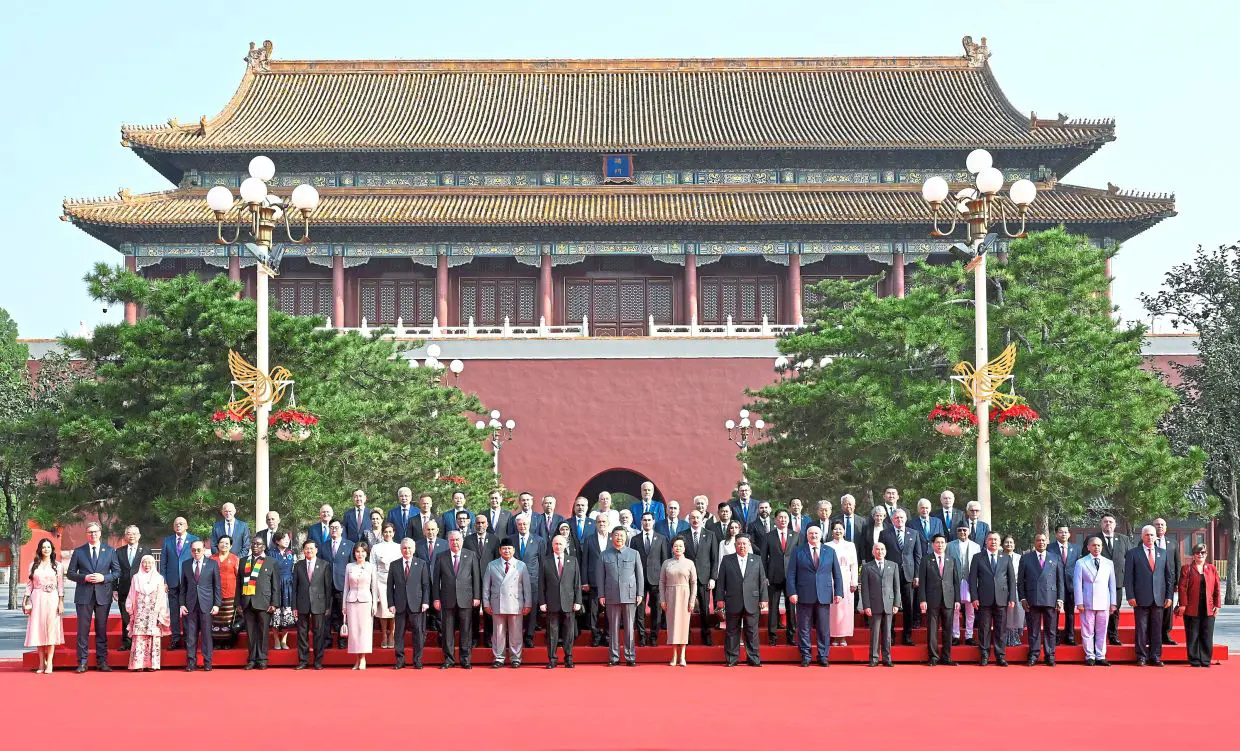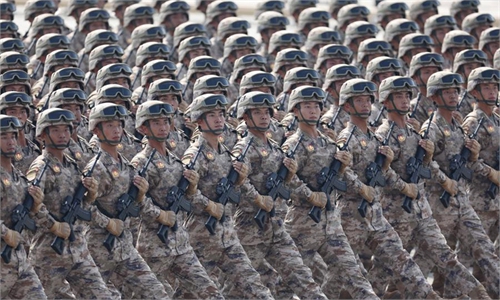https://bbc.com/news/articles/crrj1znp0pyo
The US federal government has shut down after Republican and Democratic politicians failed to resolve a budget dispute.
It means that some, but not all, US government services are temporarily suspended, and 40% of the federal workforce – about 750,000 people – are expected to be put on unpaid leave.
Although budget confrontations are common in US politics, this spending fight is especially tense because President Donald Trump has drastically reduced the size of the national government since taking office, and has suggested he may use the current impasse to make further cuts.
Why has the US government shut down?
The shutdown happened because Republicans and Democrats could not agree to pass a bill funding government services into October and beyond.
Under the US system, the different branches of government have to reach an agreement on spending plans before they can become law.
The Republicans currently control both chambers of Congress. But in the Senate - or upper chamber - they are short of the 60 votes needed to pass the spending bill, which gives opposition Democrats some negotiating power.
They want to see an extension of expiring tax credits which make health insurance cheaper for millions of Americans, and for a reversal of Trump's cuts to Medicaid, a government healthcare programme used by millions of elderly, disabled and low-income people.
Democrats also oppose spending cuts to government health agencies.
A stopgap bill designed to avoid the shutdown was passed in the House, or lower chamber, but did not clear the Senate.
And so, at 00:01 EDT on Wednesday 1 October (04:01 GMT), it became official: the US had its first shutdown for nearly seven years.
Which government services will stop, and which will carry on?
Not all aspects of government will shut down - services deemed essential will continue as normal, although in many cases staff will not be paid for the duration of the shutdown.
Border protection and law enforcement staff, Immigration and Customs Enforcement (ICE) agents, in-hospital medical care and air-traffic control workers are expected to operate as usual.
Social security and Medicare cheques will still be sent out, although benefit verification and card issuance work may stop.
Government employees deemed non-essential will be temporarily put on unpaid leave. Contractors who work for federal agencies but are not directly employed by the government will miss out on work, too.
Services like the food assistance programme and federally-funded pre-school and institutions like the Smithsonian museums will likely be reduced or closed.
Several agencies, like the Centers for Disease Control and Prevention (CDC) and the National Institutes of Health (NIH) are also expected to furlough many workers, affecting ongoing research projects.
National parks and forests remained open during the last shutdown in 2018, but with few or no staff, which experts said led to a rise in vandalism, littering and looting of historical sites.
There could also be travel delays. The Airlines for America trade body warned that flight systems might "need to slow down, reducing efficiency". Passport agencies have also warned that it could take longer than usual to process travel documents.
Mail will still be delivered and post offices will remain open because the US Postal Service does not depend on Congress for funding.
Most American schools are state-funded, but the federal government is responsible for billions of dollars in grants and student loans, which could effectively come to a halt.
However, because the grants are typically awarded during the summer, they will be largely unaffected during this shutdown, according to the education secretary.
Members of Congress will also still be paid, a convention that has been criticised by some politicians.
How has the White House responded to the shutdown?
In the past, lengthy government shutdowns were usually seen as politically dangerous, hampering voters' everyday lives and the reputation of lawmakers and the president.
After previous shutdowns were resolved, government operations mostly returned to normal, with staff and spending levels largely going back to what they had been before.
However this time, the White House appears more than happy to shutter large parts of the US government for an extended period.
Over the past nine months the Trump administration has slashed government spending and sacked many federal workers, testing the boundaries of presidential power.
Officials have threatened to use the shutdown to identify more "non-essential" workers who could be permanently let go.
"We'll be laying off a lot of people," Trump said on Tuesday 30 September, the day before the shutdown began.
While both Democrats and Republicans are blaming each other for the current standoff, they did make last-ditch efforts to try to avoid it.
On Monday 29 September, Trump met all four congressional leaders - the top Democrats in the House and Senate as well as their Republican counterparts, but little progress was made, and both sides appeared to dig deeper into their positions.
How long will the current shutdown last?
It is difficult to say. In this case, it really depends when - or if - either of the parties will agree to a compromise.
The Republicans could negotiate an extension to the healthcare subsidies demanded by the Democrats.
Alternatively the shutdown could become so disruptive that the Democrats decide to back down and agree to fund the government - at least temporarily - to get things up and running again.
So far, the Trump administration has been been unwilling to offer substantive concessions. It believes the Democrats will bear the brunt of the public's blame because it argues the party's demands caused the shutdown.
Meanwhile the Democrats believe their efforts to secure cheaper healthcare are popular.
The party's congressional leaders provoked the ire of some left-wing activists for backing down during the last budget dispute in March.
Many Democrats seem to be itching for a bigger fight this time around – and funding the government is one of the only places where the party has some leverage.
How could the shutdown affect the economy?
The scale of the damage will depend in part on how long the shutdown lasts - and how wide ranging it is.
Analysts estimate it could shave roughly 0.1 to 0.2 percentage points off economic growth for each week that it continues - although much of that could be recouped, as has happened after previous shutdowns.
That relatively muted impact may be why the stock market seems to be shrugging off this latest threat.
But if Trump ends up firing workers, rather than temporarily putting them on furlough, the impact could be more substantial.
The US economy has already been hit by the effects of Trump's tariffs, with the likely delay of key data - such as the official US monthly jobs report - expected to add to the uncertainty.
What happened during the last US government shutdown?
Shutdowns over budgets are a unique aspect of US politics.
They have become quite common over the past 50 years - with three taking place during Trump's first presidential term.
The last shutdown in late 2018 lasted 35 days - the longest in history.
It was brought about by disagreements over funding a wall on the Mexico border. It finally ended in part because air traffic controllers, who had been working for a month without pay, started calling in sick en masse.
Flights were cancelled or delayed because of the lack of staff, and the shutdown came to an end shortly afterwards.
The Congressional Budget Office (CBO) estimated that the 2018-2019 shutdown reduced economic output by about $11bn, including $3bn that it never regained.
But shutdowns pre-date Trump.
The second longest to date was 21 days, under Democrat President Bill Clinton in 1995. His fellow Democrat Barack Obama had a 16-day shutdown during his time in the White House, and Republican Ronald Reagan oversaw eight shutdowns during his presidency in the 1980s - though all were relatively brief.





